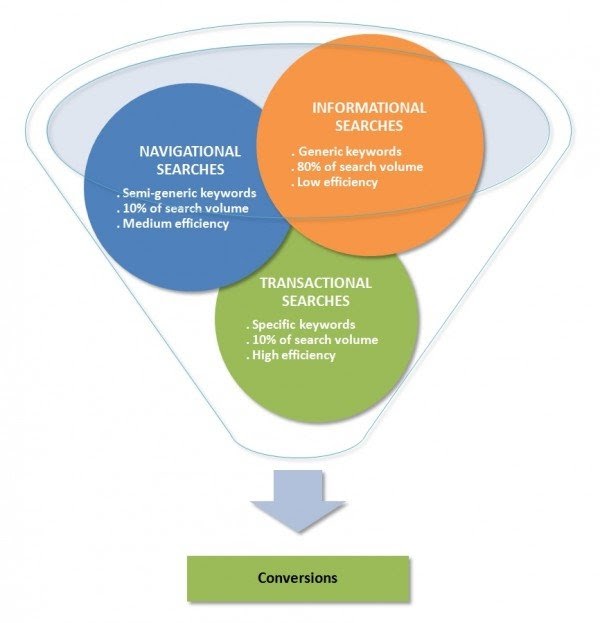
Table of Contents
- SEO Future: Advanced SEO Strategies
- Key Takeaways
- Conclusion
- FAQs
What is the future of SEO? Search engine algorithms are changing at a fast pace. They now go beyond mere link building and keyword volume. There is a need to look at cross-collaboration, creativity, and innovative ideas. You also need to be aware of ways to develop a sustainable future for SEO.
A deep understanding of the users is critical to ensure they stay on the page long enough and explore your website. In the next five years, it would involve working with and improving more with more social signals. With every algorithm update, Google ensures it refines the signals that enable the web page to become more worthy.
SEO Future: Advanced SEO Strategies
SEO is growing at a tremendous pace due to technological progress and more and more people adapting to digital formats. Google has always been at the forefront of machine learning and artificial intelligence algorithms. Here are some upcoming trends that we anticipate in the world of SEO.
Nuanced search results
The Google algorithm is constantly evolving and is updated to make it less dependent on the exact matching of keywords. Earlier, when a keyword was typed in the search engine, Google would locate it by scanning the documents in its repository, matching the word to the word strings and making it available for the user. It was as simple as identifying the keywords, ensuring they are populated on the page, and building backlinks with the keywords in the link. However, the future of search engine optimization is that Google is providing quick answers and follow-up questions behind each search query. For example, if you are looking for hiking gear for kids, Google will gauge the query and provide you with search results that could even include suggestions for locations to go for a hike with your family.
Search intent optimization
Instead of an individual keyword, the future of search engines is moving towards optimization for intent. The search query of a user is more like a journey instead of just word strings or keywords. While developing an optimization strategy, it’s important to keep in mind the intention behind the search by the user. Is it only to gather more information about a specific topic or find information to make an intelligent purchase? Is it general research or pre-purchase research?

The future of SEO also depends on understanding if the user has prior knowledge about a product or are they doing a fresh search. For example, the user might be searching for hiking gear. They are likely to be at the beginning stages of finding out about the different gears and considering various options. However, if the search is regarding a specific type of hiking gear or its reviews, it is certain that the user is aware of the niche area and is at the final stages of the purchase. Gauging the search intent of the user helps the search engine provide them with specific answers, answers tailored to their queries.
Boosted user experience
Google has been consistently working toward providing its users with a holistic experience through its search interface. Its page experience update is the latest marker of the future of search engines. It enables users to grade the friendliness of its pages. A few important metrics include website speed, loading time, screening of intrusive interstitials, and safe browsing status. Google provides better usability to their users by effective integration with web designing and web development processes.
Rich content
User-centric content should be used to help provide answers to the queries of users. Search engines have become more competitive. Quite often, only the best ones emerge as leaders. This trend will continue with more changes seen in SEO. Non-functional links, spammy content, and keyword stuffing are all things of the past. Google now looks at the quality of your content in order to gauge its worthiness. Great content will attract customers who would want to return to your website, which is one of the most critical components to rank high on a search engine.
Key Takeaways
- Don’t restrict your SEO strategy to keywords.
- Create rich content.
- Search engines are evolving to understand the requirements of the users.
- Focus on long-term growth in comparison to quick results.
- Use of smart technology to identify and monitor organic search opportunities is going to be a trending practice in SEO.
- Core practices will continue to address the future of SEO.
Conclusion
Search intent optimization, the usability of search engines, and quality content are some trends that we think are going to command the future of SEO. To remain competitive is a challenge. This can be done by search engines being tailored to users’ requirements. We hope this blog helped you address the question: “What is the future of SEO?”

FAQs
As long as the internet exists and there is a need to look up information online, SEO is here to stay.
As the user is evolving, their search patterns are also changing. The future of SEO is going to be personalized, with accessibility obtained with fewer clicks and enhanced user experience.
No, it is not dying. In fact, it is evolving into a much more advanced concept than it was a few years ago.
Yes, SEO is poised to become more advanced, nuanced, and relevant in 2022, with more businesses optimizing their websites in order to rank high on search engines.
Latest Blogs
Learn how to rank on AI search engines like ChatGPT, Perplexity, and Gemini by optimizing your content for authority, structure, and relevance. Stay ahead in AI-driven search with this strategic guide.
Explore the best healthcare SEO services for your medical practice. Improve online visibility and effectively reach more patients in need of your services.
Discover top social media agencies specializing in banking solutions, enhancing financial services and driving engagement.
Get your hands on the latest news!
Similar Posts

Artificial Intelligence
6 mins read
The Role of AI in Digital Marketing: AI Article Generators Transforming Content Creation

Artificial Intelligence
4 mins read
How AI Content Creator Is Shaping the Future of Digital Content

Digital Marketing
3 mins read